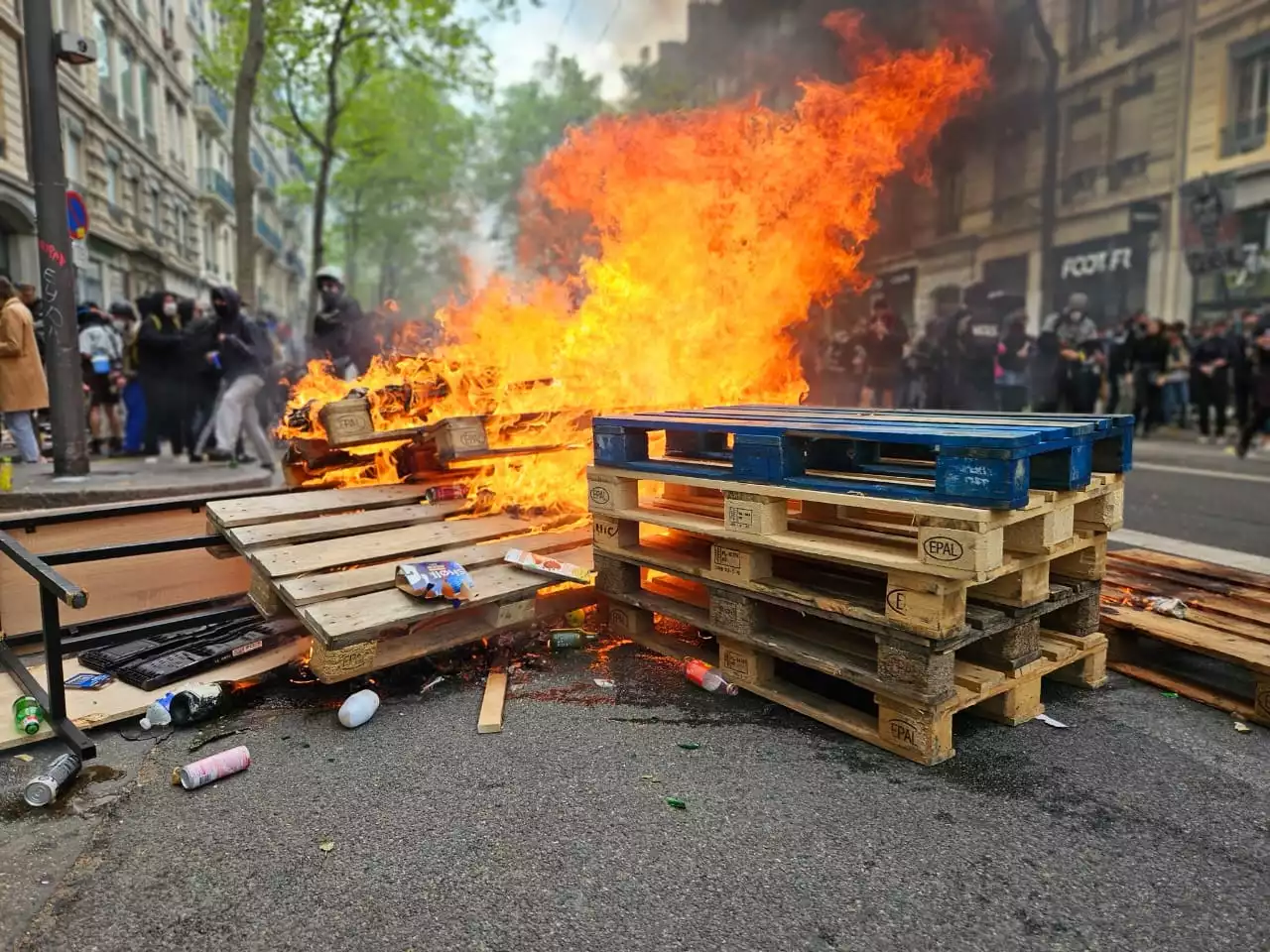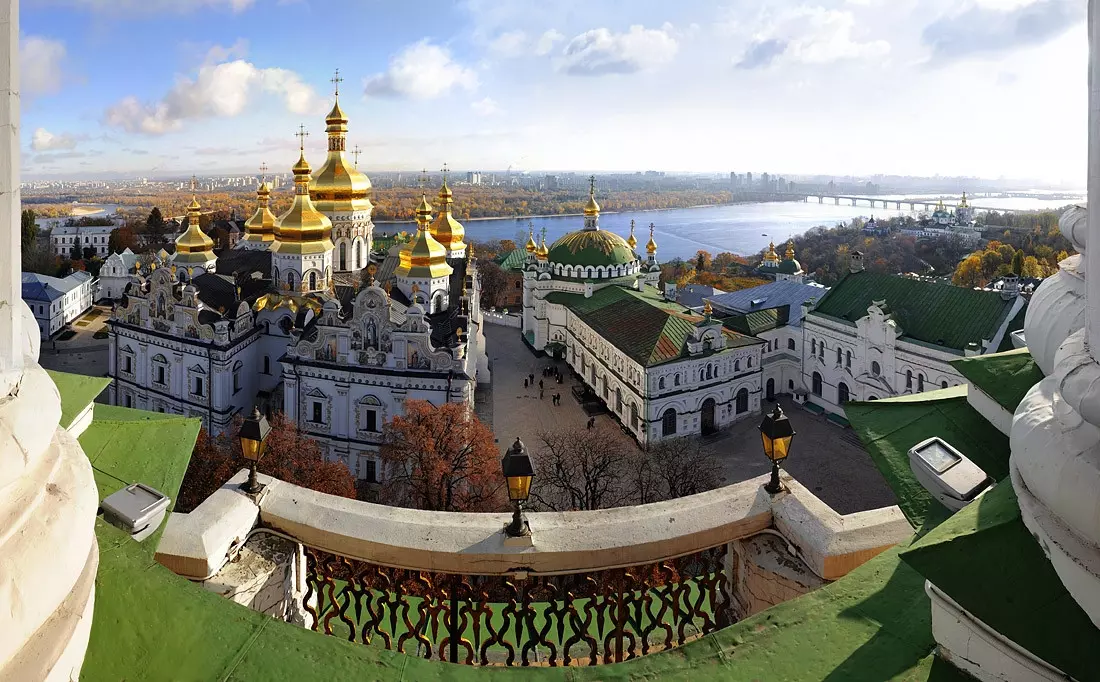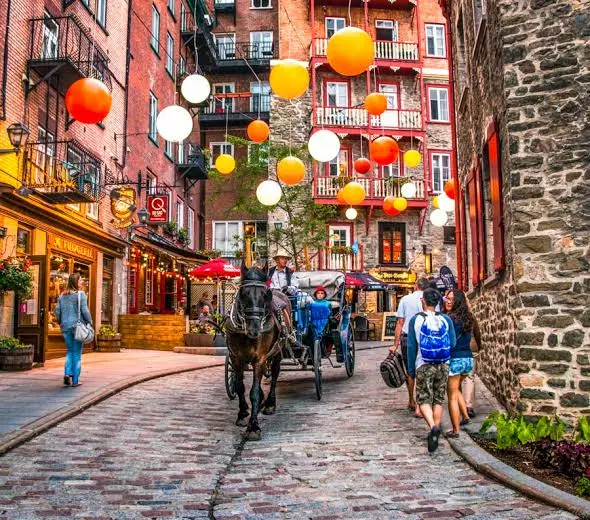I used to frequently visit a Café namely Café de Flore and it was outside of the Café de Flore on Saint Germain, that I witnessed the first marches of political anger against the Macron regime. Later with a photographer friend of mine, a Mexican American, who wisely moved to Paris at a very young age, I saw the workers of France.
I would march with the men and women of France to the Place de la République, where I eventually became trapped by the harsh and brutal French gendarmes. I was fortunate to escape the trap with the help of a young French woman student from la Sorbonne. If it had not been for her, I would have ended up in a French prison or beaten with a black baton.
Now, for the less personal view of the French protest experience, for the actual reality of being a worker in France has nothing to do with sitting smugly in a smart café in Paris and mouthing off about revolution. The French workers understand that standing up to French regimes is a serious business and that one can lose one’s limb or life in a protest against a very deadly machine like the one Macron imposes on the streets of Paris.
As the journalist, Thierry Meyssan wrote in a vivid and historical way while describing the strikes in France -
The crisis that France is going through today is not just another episode in an eternally agitated country. It is about a deep crisis of mode which will be solved only with the beginning of a new society. The country will go through several years of blockage, before embarking on a complete transformation, a revolution that will last at least a generation.
For several weeks, monster demonstrations have followed one after another in France. There is no more fuel in the service stations of many departments and hundreds of tons of garbage pile up in the center of large cities.
President Emmanuel Macron has managed to impose a pension reform. His text solves no problem and creates many injustices. For example, people who started working at age 16 will only be able to access retirement with a number of working years greater than those granted to people who started at age 18. In a country that loves equality in law, this text should not have passed.
Mr. Meyssan when speaking of “another episode” is of course referring to the various crises such as when Vichy France collaborated with Nazi Germany occupiers and humiliated not only the French army but the French people as well or the Indo-China crisis where the French army was defeated decisively at Dien Bien Phu during their colonial occupation of Vietnam or the Algerian crisis, when De Gaulle was courageous and able enough to thwart a military coup that resisted his declaration to give the Algerian people their Self-Determination and Independence.
If we are inclined to be observant of other “episodes”, one could recount in full measure how Louis XV abandoned the French-Canadian people before and after the Battle of Quebec of 1759. Louis XV attempted to promote fiscal reforms such as taxing the French nobility, but his foreign policy failures weakened France, especially during the Seven Years War and further strained its finances. As a result of lost wars overseas and in Europe, Louis was forced to cede many colonized territories, including Quebec which was also called New France. All of this was due to overreaching towards a colonial hegemony which was to end in disaster. The historical past of a nation-state carries itself into the lives of the living. France is no different than any other present, declining Western European power who has forgotten the needs and the literal hunger of its people with its hunger and its corporate greed both at home and abroad.
In France, bread is a key food source and staple for the French people.
Recently an American news outlet reported the following on the bread situation in France with this commentary -
In November, the United Nations Educational Scientific and cultural Organization, or UNESCO, designated the French baguette as part of “intangible culture heritage,” owing to the specific knowledge and techniques needed to produce it, as well as the central role it plays in daily life. But despite their cherished status, many bakeries are struggling - and some are on the brink of closure - as energy prices and the costs of ingredients have spiked. “Everything has gone up,” said Nicolas Amaté, who owns a bakery in eastern France with his wife Nadège. “If this continues, we will all close”, he told CNN.
Macron and his ministers do not understand that if you take away from the French people their bread, then they will serve you the pike. Such is the longevity of the French Revolution and its ongoing process not only with the modern French workers and their families dealing with the imposition of a draconian pension reform, but also with the rising costs of food and rental housing as well. In 2014, a French television station, FRANCE 24, which is neo-liberal media conglomerate, reported how the rising costs of living decently in Paris lead to unusual accommodations -
A medieval monastery in the heart of the Latin Quarter. An 18th-century hôtel particulier, or mansion, just steps from the Louvre. A 19th-century barracks near the Gare de Lyon. The former home and workshop of one of France’s premier piano makers, where Frédéric Chopin played his first public concert.
These Paris buildings have one, perhaps surprising, thing in common: They’ve all been transformed, partially or fully, into public housing over the past five years under Socialist Mayor Anne Hidalgo. They represent a small sample of the unprecedented expansion of public (or “social”) housing in the French capital under Hidalgo as well as her predecessor, fellow Socialist Bertrand Delanoë.
But these cosmetic efforts by the so-called socialist mayors of Paris do nothing to stop the rise of criminal rents wherein the working-class French people cannot afford to pay housing costs and still purchase food for their daily lives. As per The Guardian there is the harsh fact that ordinary people can no longer afford to live in Paris proper:
The city’s population has dropped by more than 123,000 in the last decade, with many leaving in search of cheaper housing and green spaces, according to official figures. France’s statistics agency, Insee, says Paris is losing about 12,400 people a year and the city population – now at about 2.1 million – is at its lowest for 20 years.
The Covid pandemic and lockdowns are seen as a factor but the cost of housing is a key motivation: the average a square metre is about €10,000. Many of those who have left the capital have moved further out in the Île-de-France region – that includes Paris – whose population is 12.4 million and where property and rents are more affordable.
“Departures from the capital are motivated in particular by the high cost of housing, the reduced supply of large housing for family and the search for a different living environment,” Insee reported.
As an opposition Paris councillor, Nelly Garnier, told BFMTV, “city hall” was “in denial” about the real problems.
“I talk to Parisians and they are disgusted … Paris was always the place you wanted to come to so you could live your dreams, now it’s a confused city. We are angry with Anne Hidalgo and her green [coalition] allies turning it into a city people want to flee. They have degraded life in Paris.”

This “denial” that the opposition speaks of now in 2023 is a denial of the very basic rights of the French workers to live decent lives, which the Macron regime had denied them, and which has now lead to militant strikes and violence in the streets of France.
In the later days of March the streets of Paris were littered with garbage and the endless smoke of tear gas. As Reuters reported about these days of strikes and violent protests in Paris and beyond -
Earlier in the French capital, a group of students and activists from the "Revolution Permanente" collective briefly invaded the Forum des Halles shopping mall, waving banners calling for a general strike and shouting "Paris stand up, rise up", videos on social media showed.
BFM television also showed images of demonstrations underway in cities such as Compiegne in the north, Nantes in the west and Marseille in the south. In Bordeaux, in the southwest, police also used tear gas against protesters who had started a fire.
These strikes and the fires in the streets of Paris bring about the question of the moral right to forge a revolution, when the very dignity of the working masses is destroyed by all means possible by the multitude of modern imperialist regimes that exist in the early twenty-first century. If one has any fortitude about one’s existence, one does not play the part of a slave. It was the profoundly astute Italian Marxist historian, Domenico Losurdo, who addressed this issue of the moral responsibility to emancipate oneself from capitalist serfdom, when he wrote the following profound and intense commentary on this very issue -
We have seen distinguished liberal thinkers equate wage-workers with horse or machines and work tools, thereby denying them the dignity of moral subjects as well as political subjects. Even more radically and persistently, such a denial has operated to the detriment of the members of ‘inferior races’. The decisive blows dealt to this world are key moments in conferring on every human being, regardless of race, property and sex, the dignity of a moral subject, of being an end in him – or herself. Making a major contribution to the attainment of this result, paradoxically, the French Revolution and the October Revolution helped develop the theoretical and moral tools that enable us to adopt an attitude of mature critical distance towards them, which has nothing to do with the commonplace demonization beloved of ‘Talmon’s sophism’.
In America, the “Talmon’s sophism” is prevalent throughout society from the mainstream news media, from the universities on down to the high schools and secondary schools, where to think in a critical way invites ostracism. We have no poets like Louis Aragon or thinkers like Jean Paul-Sartre, because the United States loathes intellectuality, especially if it is an intellectuality that questions the state and the laws regarding the rights of decent citizens. Spinoza and Marx expounded upon this in an epic way, but without the lies and deceptions of academic arguments. In France, from Voltaire to Sartre there is a history of critical and moral thinking which has kindled the fires of revolution throughout Europe and beyond. I saw this kind of ardor in the faces of the women I marched with on the streets of Paris. I saw French women students’ and North African women workers’ faces and their words brought a type of reckoning never seen on the streets in America.
I remember clearly, on the streets of protest in Paris, with my Leica camera dangling like a weapon from my hip something that Sartre had said and that was “It isn't freedom from. It's freedom to.” Being the American that I am, I am still learning to understand that idea of freedom. As the French poet, Aragon wrote “L'homme redoute le risque”—that is, “Man dreads risk”—which is true of all of us at one time or another in this life. What ultimately defines us is how much we are willing to risk to be free from any kind of exploitation.
Perhaps, more than any other Western European people, the French people have always been bold enough to risk losing their lives to fight the oppressor. From the Roman legends to the Nazi army invaders to the present regime which continually limits their ability to live their lives with joy. Unlike the Americans who live to work, the French people work to live, for they love life.
Macron has chosen to run from the people of France during France’s moment of crisis, by travelling or escaping to The People’s Republic of China to initiate deeper trade agreements with that nation. The President of France has put to the side the fact that over a million French people marched in protest against the Pension Reform on March 24, the 10th National Mobilization since January 19, 2023.
It is all too apparent that Macron’s overstretched political ambitions for himself and that of France is an overreach that may cost him his political life, bring about regime change and only create further divide among the social classes of France. Although Macron may have seen himself as donning the mantel of Napoleon Bonaparte, he is actually closer in legacy to Louis XIV. Whereas Napoleon’s political battles were lost on the actual battlefields of Leipzig (also known as the Battle of the Nations) and Waterloo, Macron may well lose his hold on France both in the streets of Paris and in the country sides and cities with the common people of France. As Tocqueville wrote in his work The Old Regime and the French Revolution “The regime which is destroyed by a revolution is almost always an improvement on its immediate predecessor, and experience teaches that the most critical moment for bad governments is the one which witnesses their first steps toward reform.” Macron’s investment in his desire to reform the pension plan for the French people was noted yesterday before the 11th protest today with this commentary by the Latin news network, TeleSURHD -
Trade union leaders, however, refused to address other issues rather than the pension reform. "We are living a serious democratic crisis," said Laurent Berger, the leader of the French Democratic Confederation of Labour (CFDT). French trade unions urged citizens to participate in the 11th day of mass protests against the pension reform on Thursday. According to polls, two out of three French people oppose such a reform.
Although Tocqueville was a monarchist and liberal for his time, which is a contradiction in itself, as a historian he had the balanced perspective to see how the French people react against oppression even if it is in the guise of “reform”.
As I reach the final passages of my essay on France, I am watching from my computer screen that French workers and students forcing their way into a Paris building that houses the BlackRock’s office, the world’s largest money manager. One can see about a hundred French people holding in their hands red flares that resemble glowing red spears and firing off smoke bombs. The protestors entered the Centorial office, located near the Opéra Garnier opera house, and the silhouetted red light from the flares may be a symbolic presentiment of more agitated and violent protests to come on the streets of Paris. As Jerome Schmitt, spokesman for the French union SUD told the CNN affiliate BFM-Tv “The meaning of this action is quite simple. We went to the headquarters of BlackRock to tell them: the money of workers, for our pensions, they are taking it”. It was fierce protesters in Paris who also attacked and stormed one of French President Emmanuel Macron's favorite restaurants, La Rotonde bistro, setting it on fire briefly, while also breaking windows of the famous café that I frequented in my youth when I was in the United States army on leave in Paris. Historically, the cafes of Paris have played a significant role in the political upheavals in Paris.
Whether the numbers of protestors on the streets of Paris has dwindled or not on this day of protest, this is not the end of the confrontation of the people of France against the Macron regime. It is actually an ongoing political battle that could end in bloodshed. I am reminded of what Lenin said about such confrontation between the state and the people, "An oppressed class which does not strive to learn to use arms, to acquire arms, only deserves to be treated like slaves. We cannot, unless we have become bourgeois pacifists or opportunists, forget that we are living in a class society from which there is no way out, nor can there be, save through the class struggle.”
Even today on this historical May day, Paris was on fire again, with thousands of French citizens out in the streets with their rage. According to the Interior Minister of Paris “Nearly 200 people were arrested on a day some 782,000 people took to the streets".
On the various television channels throughout Western Europe and on CNN in America, there was video of the marchers swaying back and forth along the streets and avenues of Paris waving red flags and in many cases, hundreds of young men and women wearing military style uniforms.
Their voices were threatening like a cascade of violent water washing upon a shore, and the "Gendarmerie nationale" were intimated even with their full black riot gear, shields and black batons. They threw tear gas projectiles at the thousands of men and women, but the people kept surging forward, burning trash in the streets and setting fire to residential flats. Molotov cocktails were thrown at the French police, and one was injured severely.
The wrath of the French people was a volatile fire of angry words raging in Paris, Lyon and Nates. As a sculptor Antoine Eveillo, who was in the protest, said “They (government) are trying to change the subject quite quickly, but let's say it's not working. So much the better!" Amid the tear gas canister smoke and the marching of thousands of feet on the streets of Paris, Sophie Binet, leader of the hard-left CGT union said with a few simple words to a reporter - "The executive cannot govern without the support of its people." France is at the beginning of a new era.
Cover Image Credit: By Bismuth Back
Editor's Note:
The views and informations expressed in the article are solely those of the author and may or may not reflect the views of The International. We believe in providing a platform for a range of viewpoints from the left.






